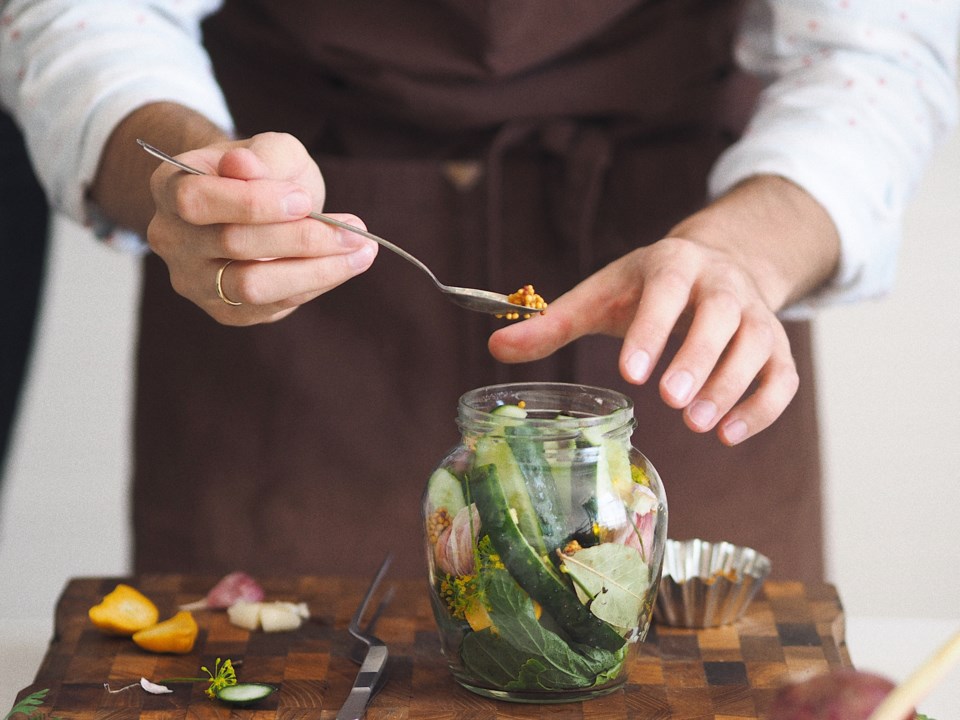A TikTok creator is finding herself in quite the pickle with U.S. health regulators.
And it's prompting a University of Guelph food scientist to sound the alarm on home-based food businesses, some who he said may be violating food safety rules and may not even know it.
"Most are oblivious to food safety, they really are," Keith Warriner said.
"When we go to the supermarket, we see all the food (and) we don't appreciate how much food safety regulation (went into the product being there)."
He said consumers get the notion in a supermarket the food must be safe if it's there.
Looking at home-based food businesses selling online, it can be a different story, and many fly under the radar of regulators.
The conversation was sparked after PickleMeEverything, a TikTok creator based in California, was called out by another influencer for bypassing home canning safety rules in the sale of her homemade pickles on Etsy. She was told by the California Department of Public Health to stop selling her pickled foods online.
California cottage food law prohibits the sale of homemade pickled foods.
What makes the online sale subject more complicated, Warriner said, is the set of rules can vary, depending on province and country.
In Ontario, rules were relaxed in January 2020 on homemade food sales – namely low-risk foods like chocolate, pickles, jams and baked goods – and businesses were made exempt from some regulatory requirements.
Overall, he said the big challenge for regulators is how to police and enforce said rules because it's on a complaint basis.
"If our public health spent all day online looking for people doing this sort of thing, they wouldn't be able to do all the other jobs they're meant to do, or they have to do, inspecting restaurants and food processing," Warriner said.
For businesses, he said ensuring you have all your T's crossed quickly going to market is important in the age of social media.
"In the days before social media, you would make your product in the kitchen. You would be looking for scale up, and this would take years," Warriner said. "I worked with people who developed products in the kitchen, it took them four or five years just to get to the point where they're distributing.
"The problem is (with social media), it's this sort of sudden fame and they've got to ride this wave of fame. I think people don't appreciate that.
"When you are selling food for money, you're getting into a contract, and this contract then falls under the food and drugs act, which basically says very simply you can't sell unsafe food."
For those starting up a home-based food business, he advises to get up to speed on the regulations ahead of time, and utilize resources like the Canadian Food Inspection Agency website.



